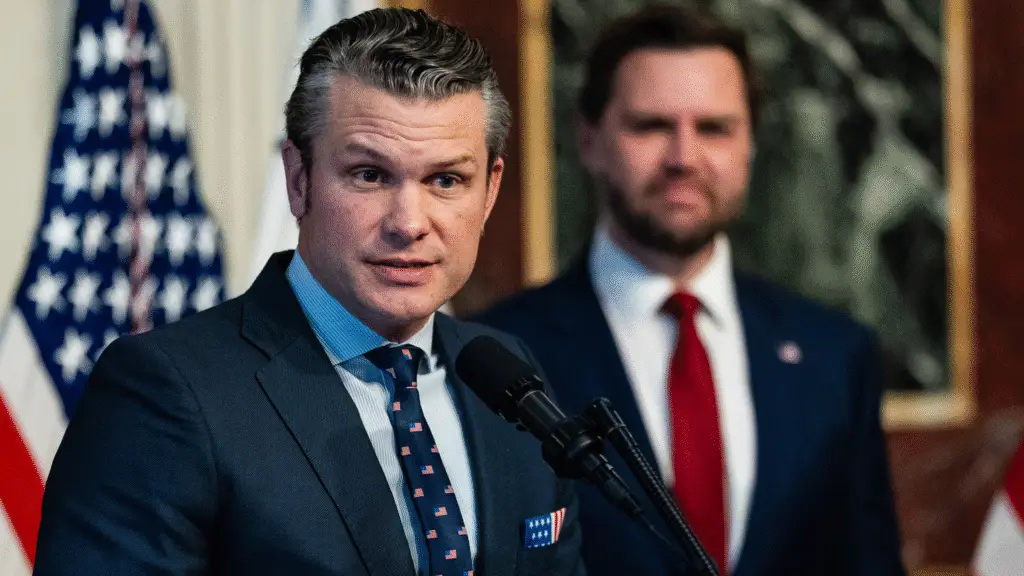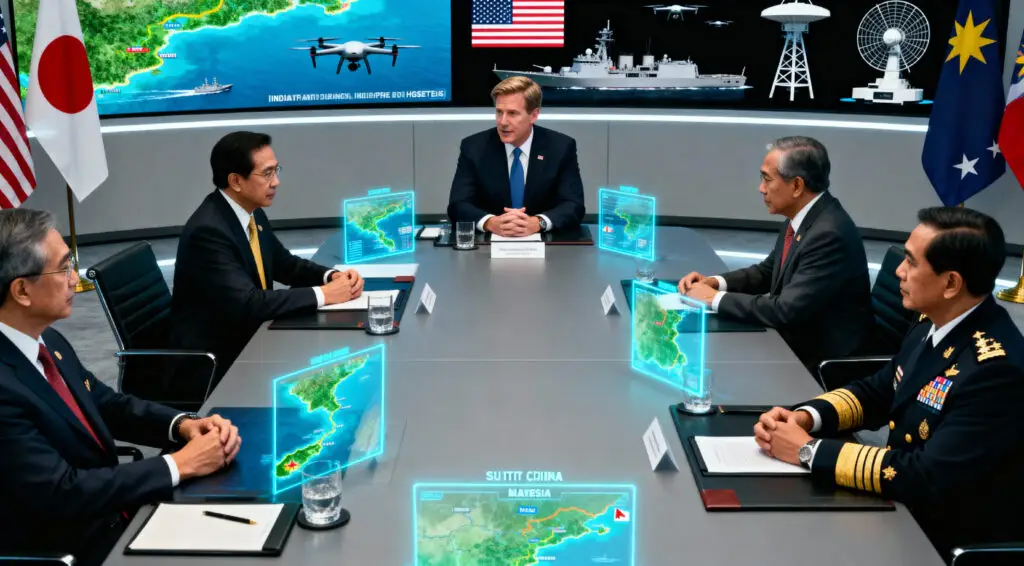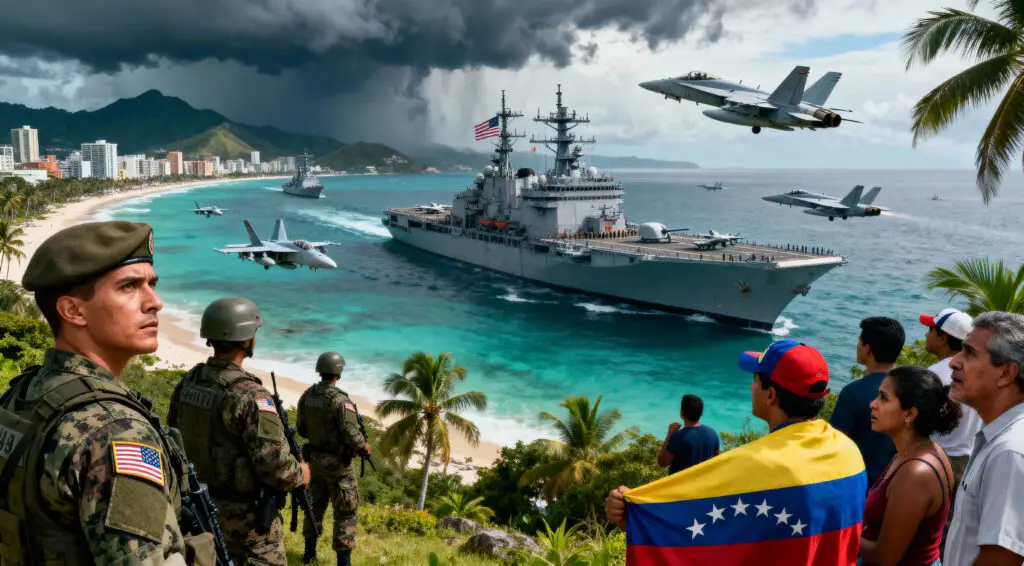Pentagon Chief Vows Stronger US Cooperation With Southeast Asia
US Secretary of Defense Pete Hegseth said again that the US will help Southeast Asian countries fight against China’s rising assertiveness. He spoke in Kuala Lumpur and criticized Beijing’s “destabilizing actions” in the South China Sea. He also promised to work more closely with other countries on defense.
Hegseth stressed that the US is willing to share modern technologies with its friends in the region to help them keep their waters safe. His comments made it clear that there is a unified plan to safeguard territorial sovereignty in the Indo-Pacific area.

Source: The New York Times
Building Shared Capabilities to Respond to Regional Threats
Hegseth suggested creating “shared maritime domain awareness” during talks with people from Australia, Japan, and the Philippines. The idea is to build tools that will let countries quickly find and respond to Chinese provocations.
Hegseth said, “We must make sure that whoever is being attacked is never alone.” He also said that cooperative capabilities will let ally countries keep an eye on maritime activity and work together to put in place effective defense measures in real time.
US Highlights Innovation Advantage and Technology Partnership
Hegseth said that the US is still the best at coming up with new ideas and making them work in military technology. He added that Washington wants to share those benefits with regional partners to make it easier for them to work together and respond quickly.
He said, “The United States of America is the only place where people can innovate and grow.” Hegseth added that the US wants to keep a strategic balance that stops China from using force across the Indo-Pacific by improving the capabilities of its allies.
Recommended Article: US and China Strike Partial Trade Pact on Fentanyl and Minerals
Regional Tensions Rise Over Chinese Maritime Expansion
The comments were made following a naval drill with the US, Australia, New Zealand, and the Philippines. Beijing criticized the patrol, saying that the practice “seriously undermined peace and stability” in the South China Sea.
China claims much of the sea as its own, which overlaps with the exclusive economic zones of numerous ASEAN countries. Its coast guard ships have fought with Philippine ships several times and gotten in the way of energy activities in Malaysia and Vietnam.
Beijing Denies Aggression, Calls for ‘Eastern Strength’ Unity
In response, Chinese Defense Minister Dong Jun told ASEAN countries to “pool Eastern strength” and work for peace. Beijing says that the coast guard solely protects China’s territory against what it sees as intrusions and does so in a professional way.
But observers warn that China’s wide-ranging claims to the sea and aggressive patrols have made surrounding countries less sure of themselves. Regional governments still want more security cooperation with the US to make sure that ships can move freely.
Nuclear Testing Comments Add Global Strategic Dimension
Hegseth went to Southeast Asia after President Donald Trump said that nuclear weapons testing should go up again after a thirty-three-year break. The message seemed to be aimed at China and Russia, two countries that are becoming more geopolitical rivals.
Hegseth replied that further information will come later when asked about what the president said. He called testing “prudent.” He said that the United States has “very capable nuclear capabilities” and is still dedicated to deterrence and preparedness.
US Reassures Allies of Peaceful Intentions and Deterrence Goals
Hegseth reiterated that Washington wants stability, not conflict, while also pointing out that the US has the best military in the world. He noted that talking to China is still important, but that Beijing’s actions need to be watched attentively.
“We want peace. “We don’t want to fight,” he assured the defense ministers of ASEAN. “But we need to make sure that China isn’t trying to take over you or anyone else.” His statement made it clear that Washington is still committed to keeping the Indo-Pacific safe in the long run.
Strengthening Alliances to Safeguard Indo-Pacific Stability
Analysts think Hegseth’s comments are part of a bigger US strategy to strengthen alliances as the fight for dominance grows. Washington wants to balance off Beijing’s increasing might at sea by investing in common defense and surveillance technology.
The Pentagon’s plan is to keep the seas open for navigation and safeguard its partner countries from being forced to do anything. The United States’ partnership with Southeast Asia is still very important for keeping peace in the area while geopolitical pressures continue.























